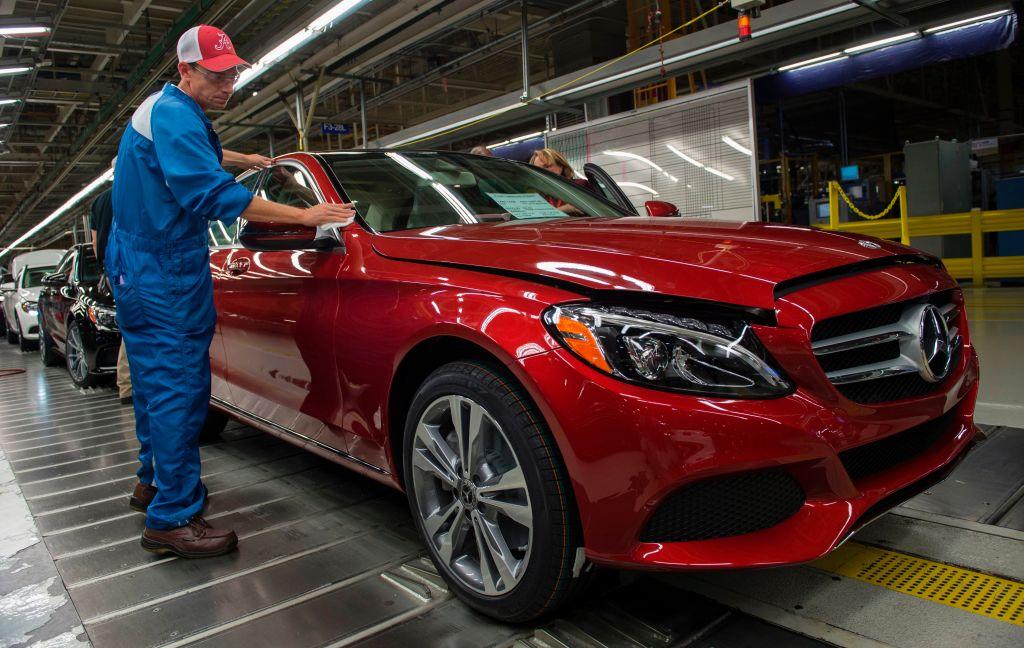WASHINGTON—Tax reform, deregulation, and a booming economy are making the United States more attractive to foreign investors. Among these investors are German companies, which, despite rising trade disputes with the United States, expect a record level of investment in the United States this year.
According to the German daily Handelsblatt, “tariffs and Twitter tantrums” have not changed the business bond between the United States and Germany. Many German firms are expanding their U.S. operations.





